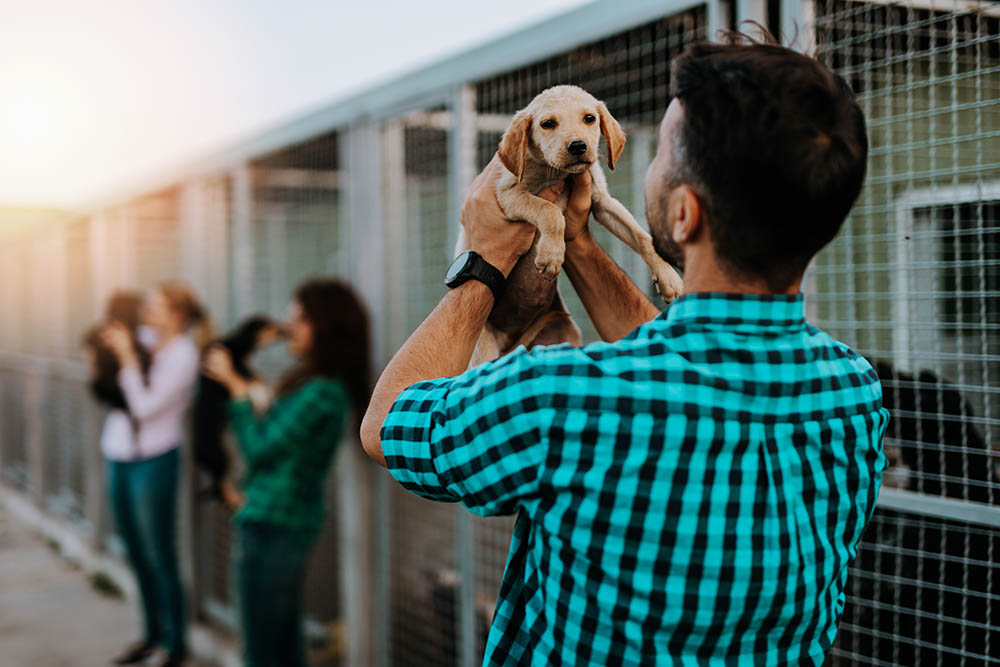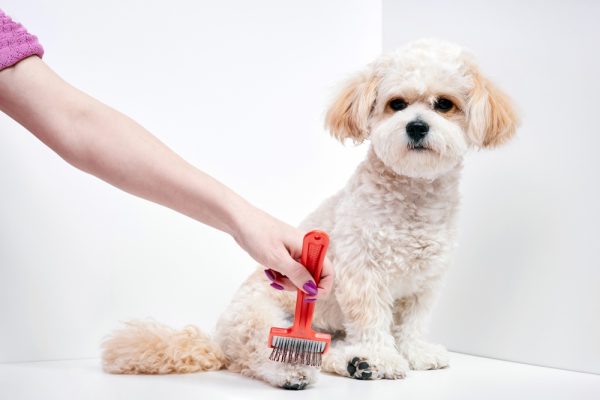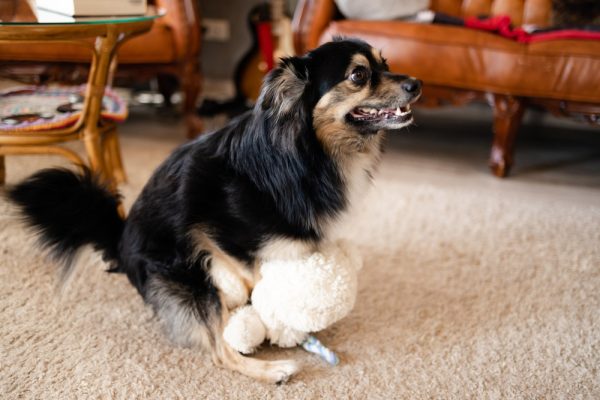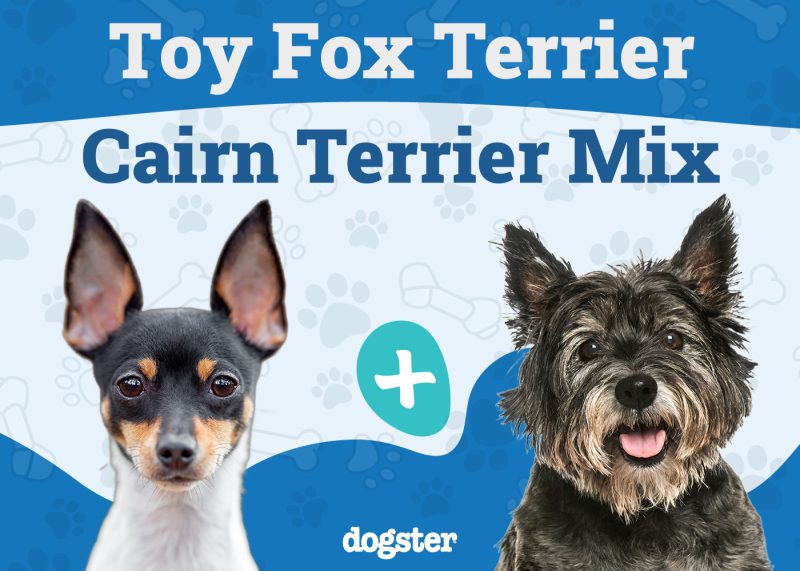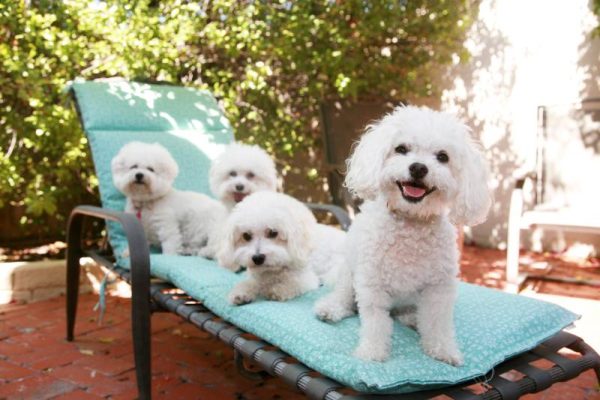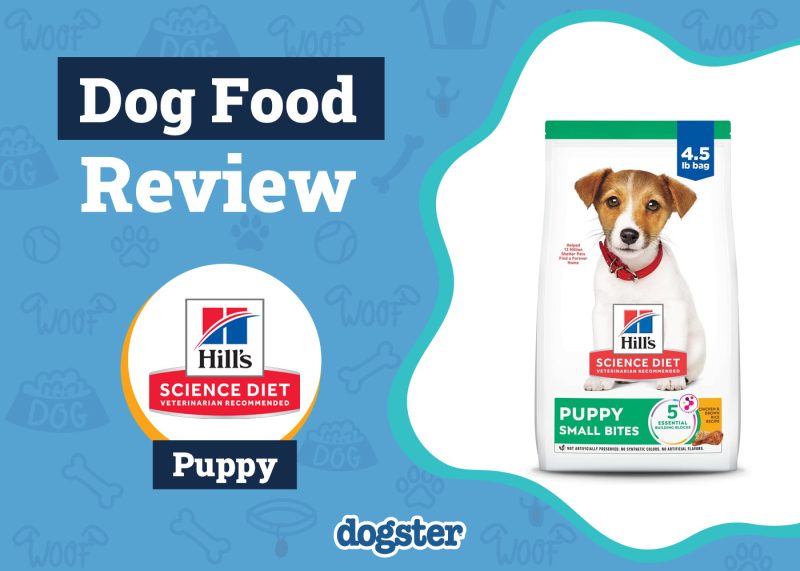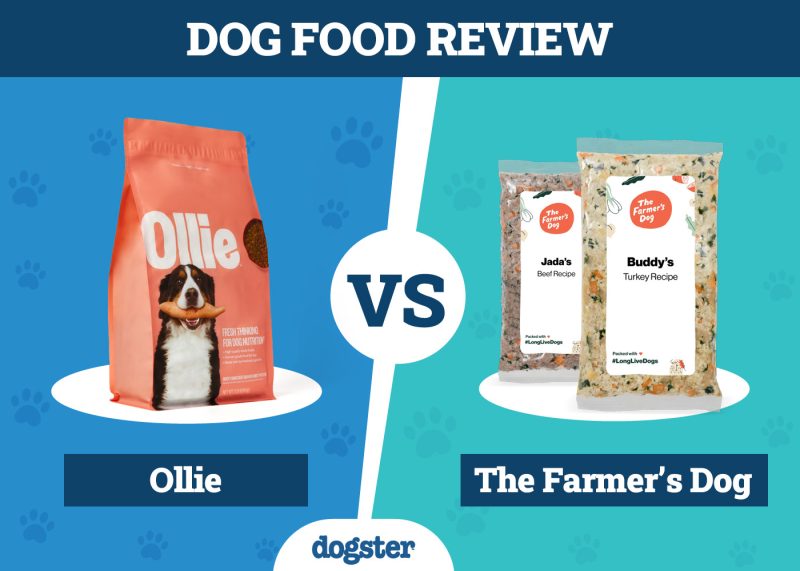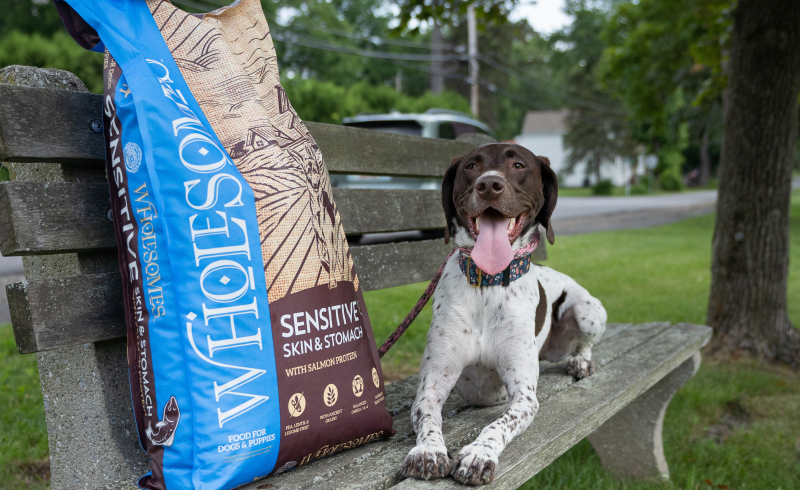In this article
Adopting a dog from a shelter is a rewarding experience that gives a second chance to a deserving animal and helps open resources for other pets in need. However, each rescue or shelter organization is likely to have guidelines that you need to follow before you can take your new dog home with you. Here’s a list of the most common requirements that you might need to meet during the adoption process.

The 11 Requirements to Adopt a Dog From a Shelter
1. Minimum Age Requirement
The first thing that you will need to do before visiting a shelter to adopt a new dog is to meet the minimum age requirement. Most shelters and other organizations will require that the person adopting a new dog be at least 18 years old. Some organizations may even require you to be 21.

2. Identification
To prove that you are who you say you are and that you are of the legal age to adopt a dog, you will need to provide valid identification. A government-issued photo ID, such as a driver’s license or passport, is usually the type required.
3. Proof of Residence
Some shelters may also ask you for proof of residence to ensure that you live in an area where dogs are allowed and that the home is large enough for the animal. In most cases, an electric or water bill with your address and name on it will be sufficient. If you live in a rental property, the shelter might also want written permission from the landlord to prove that you can have a pet.
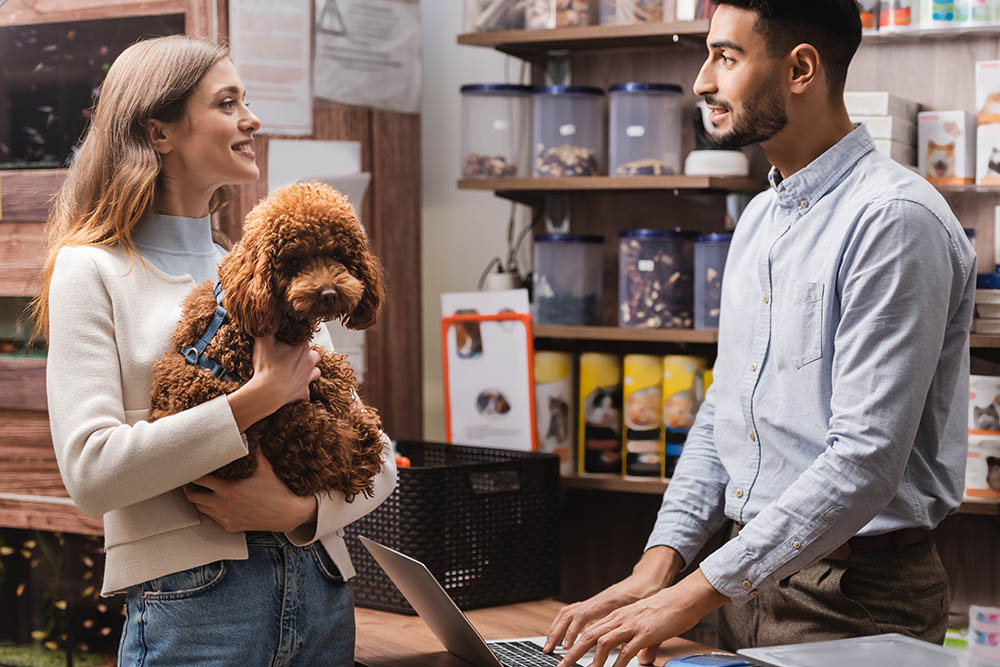
4. Adoption Application
You will likely need to fill out an adoption application when you arrive at the shelter. This form gathers information about your living situation, lifestyle, and previous pet ownership to help match you with the right dog and ensure that you didn’t have any problems in the past.
5. Adoption Fee
Before you can take your new dog home with you, you will likely need to pay an adoption fee. This covers spay/neuter surgery, vaccinations, microchipping, and sometimes a vet visit, depending on the organization’s policies. The cost can vary from one shelter to the next, depending on what it covers.
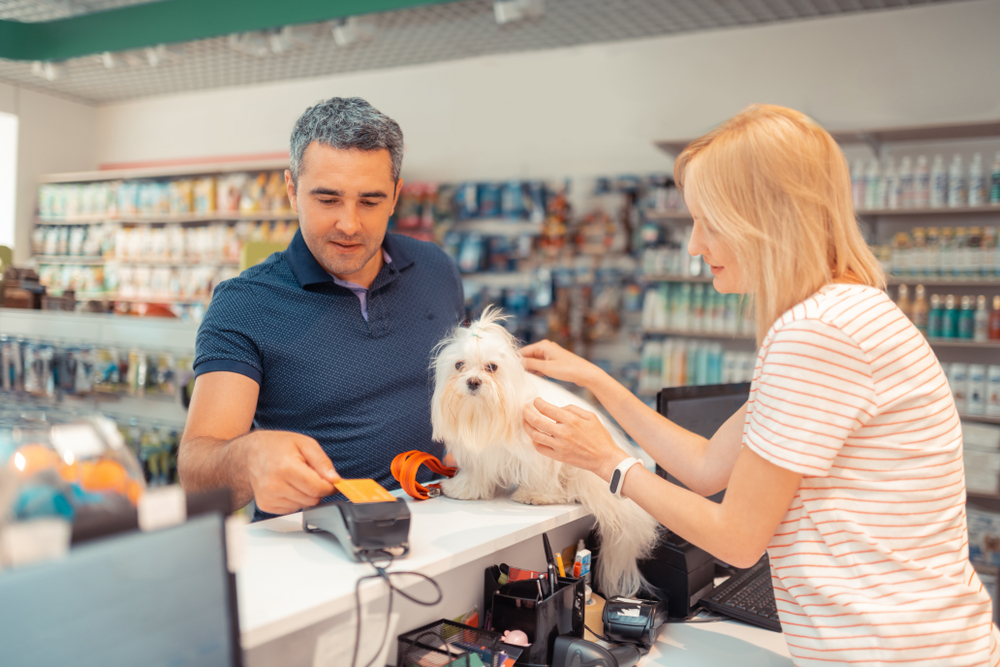
6. Meet and Greet
In many cases, a shelter might schedule a meet and greet between you and the dog that you are hoping to adopt, to ensure that you both get along before you take them home. This session is often more important for animals with a history of behavioral problems and other issues.
7. Home Visit
In some cases, before they allow you to adopt, a shelter may require a home visit to ensure that your living environment is safe and suitable for a dog and that there is enough space for them to run and play.

8. Pet Policy Agreement
The shelter may ask you to sign an agreement stating that you will abide by the shelter’s policies, which can include getting your dog frequent checkups at the vet and returning them to the shelter if you can no longer take care of them.
9. References
In many instances, a shelter may want you to provide a list of references that they can check to learn more about you, your pet history, and the environment that you live in to be sure you and your new dog will be a good match.

10. Education
If you are adopting your first dog or a unique breed with special requirements, the shelter may provide educational materials and resources to help you provide your dog with better care. Some shelters may even provide classes that you can attend to increase your knowledge.
11. Follow-Up Visits
After the adoption, the shelter might arrange follow-up visits or calls to check on the dog’s well-being and to ensure that you are comfortable and satisfied with your new pet and the adoption process. They may also ask you to fill out a short survey about the adoption process so they can continue to improve it.

Things to Consider Before Adopting a Dog
- Think about your work hours, social life, and activity level, and consider how your dog will fit in and when you will have time to spend with them.
- Owning a dog comes with ongoing costs that include food, vet visits, insurance, grooming, and medical expenses, all of which can add up quickly. Ensure that you’re financially prepared for both the expected and unexpected costs.
- Consider your plans and how a dog would fit into them, including potential moves, career changes, or family expansions, as dogs can live for many years.
- Evaluate your living environment to ensure that it’s suitable for a dog. Large dogs need space to run, and certain neighborhoods have noise restrictions that a barking dog might violate.
- Consider the needs and allergies of all the people in your household. Everyone should be on board with the decision to adopt a dog, and if you have other pets, you will also need to think about how a new animal will affect them.
- Research different breeds to understand their general temperament, energy level, and care requirements to find one that suits your household.
- Be prepared to spend a great deal of time training, socializing, and exercising your pet.
- Think about what you’ll do with your dog when you travel or have an emergency and you need someone to watch your pet for a few days.
- Consider getting pet insurance to help with veterinary costs. Research different plans and choose one that suits your needs.
- Familiarize yourself with local pet ownership laws and regulations, including licensing requirements and leash laws.

In Summary
When people want to adopt a new pet, the animal shelter can have several requirements involved in the process. You will usually need to fill out an adoption application and provide proof that you are who you say you are and are at least 18 years old. You may also need to provide proof of residence and written permission from a landlord stating that you are allowed to have a pet.
Most shelters will also require an adoption fee, which can vary by organization, and many will ask you to sign an agreement stating that you will take proper care of the dog and return them if you can’t. In some cases, the shelter might even ask to visit your home before adoption or insist on follow-up visits afterward.
All that said, the adoption process is usually fairly quick, and you will get to start the journey with your new pet before you know it!
See also:
- I Adopted a Dog and Now I Regret It: What You Should Do (Vet Answer)
- Do Bonded Dogs Need to Be Adopted Together? Vet-Reviewed Facts
Featured Image Credit: hedgehog94, Shutterstock
